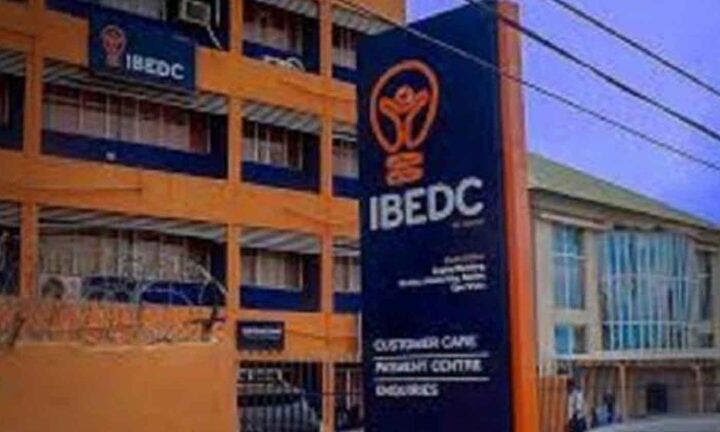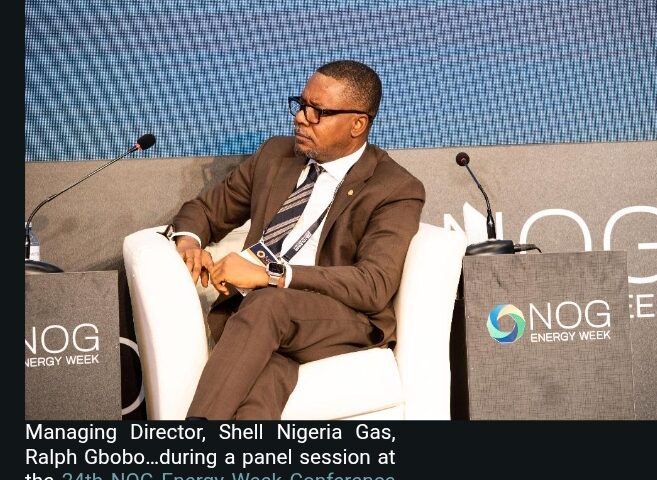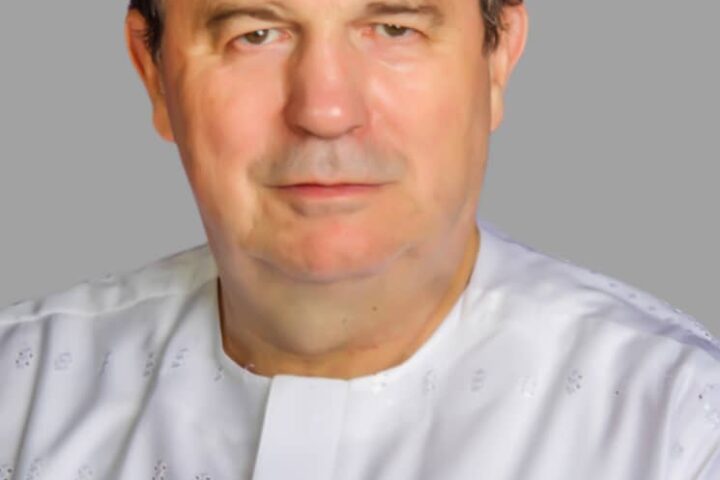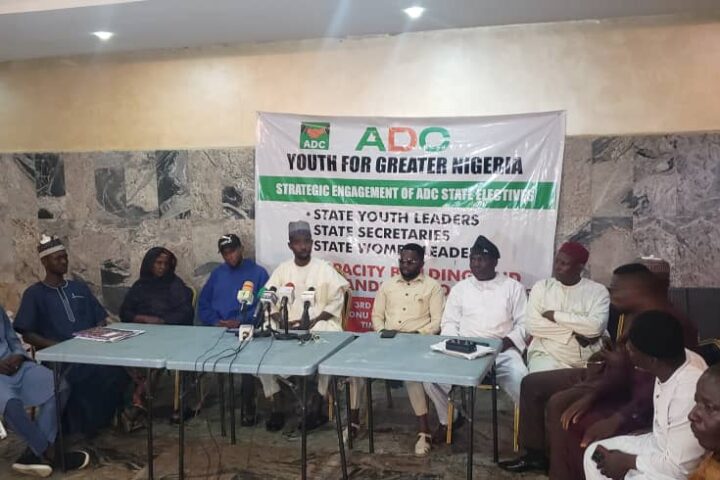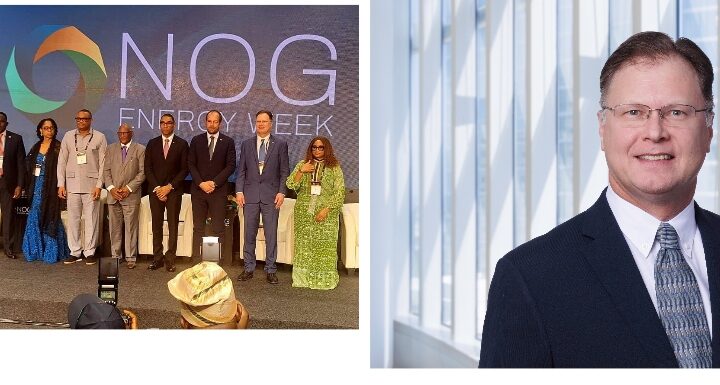The British High Commissioner to Nigeria, Dr Richard Montgomery, has praised the model of the Geometric Power in developing the Aba Independent Power Project in Abia State.
The model is impressive and represents the kind of innovation needed to drive sustainable development across Nigeria, he said.
He added:“The Geometric model is impressive”, declared the High Commissioner after inspecting the facilities in the $800m power project which comprises a 188-megawatt gas-fired plant with an embedded distribution firm that provides electricity to nine of the 17 local government areas in Abia State.
Dr Montgomery was accompanied by the Abia State Commissioner for Power and Public Utilities, Engineer Ikechukwu Monday, and was received on arrival by the Geometric Power management led by its chairman, Professor Bart Nnaji, a former Minister of Power.
Commissioned last February 26 by Vice President Kashim Shettima, the Aba Independent Project was started in 2004 on the recommendation of the then World Bank president, James Wolfonsohn, and the then Nigeria’s Minister of Finance, Dr Ngozi Okonjo-Iweala, when they visited Aba in March 2004 and discovered that the lack of reliable electricity was the main constraint to the realization of the city’s enormous manufacturing potential.
They requested Professor Nnaji, a leading Nigerian engineering professor in the United States who had earlier led a team of Nigerian engineers to build the 22MW Abuja Emergency Plant, to consider establishing an independent thermal plant in Aba for small, medium, and large industrialists.
High Commissioner Montgomery also lauded the “state-of-the-art facilities” at the power utility.
The utility, licensed to produce 188MW, has three installed General Electric (GE) turbines and has built four brand-new substations and refurbished three old ones inherited from the defunct Power Holding Company of Nigeria (PHCN).
“It has, in addition, provided 150,000 kilometres of overhead wires and cables”, says Ben Caven, a former PHCN executive director in charge of engineering, transmission, and generation who is now the Geometric Power managing director.
“Our steel tubular poles, with 10 metres buried in the ground to withstand any natural disaster like an earthquake, match the ones in San Francisco in the United States and Tokyo in Japan.
“We have also built a 27-kilometre gas pipeline from Owaza in Ukwa West LGA to the Osisioma Industrial Layout in Aba”.
The British diplomat said that given the technical sophistication attained by Geometric Power, he would like UK firms to work with it.
Nnaji commended the High Commissioner for the visit, adding that when Geometric Power overcomes the ongoing gas supply challenges in the next few weeks, Aba would be receiving about 100MW while about 50MW would be exported to the national grid to boost electricity in other parts of the country.
FG To Boost Power Capacity With 6Gigawats
Mohammed Shosanya
Minister of Power Chief Adebayo Adelabu, Nigeria’s Minister of Power, said the Government is committed to adding 6 gigawatts of power capacity by December 2024.
He emphasised the importance of adopting Environmental, Social and Governance (ESG) standards in the power sector.
He urged industries to shift from expensive captive power to the national grid to reduce costs and increase reliability.
He highlighted the importance of grid connectivity over captive power plants during a Board retreat of Lagos Nigeria Electricity Liability Management Company (NELMCO).
He wondered that despite the power grid generating a record 5,155 megawatts, many bulk electricity consumers, including industries, have opted for their own costly captive power solutions due to past reliability issues.
He faulted the high costs associated with captive power, pointing out that average production costs are significantly higher than grid power.
Providing cost analysis he said those using gas, the price is about N350 to N400 per unit; diesel rises to about N950; and petrol, it’s approximately N550. He emphasized that the continued reliance on these expensive alternatives is financially burdensome.
Adelabu emphasized the need to restore trust in the national grid, stressing that the government’s goal is to achieve 6 gigawatts of power capacity by the end of December 2024 as a step towards the broader Vision 30-30-30 plan.
He disclosed that the plan aims to reach 30 gigawatts of capacity by 2030, with renewable energy making up 30 per cent and ensuring universal access to electricity.
The Minister said that efforts are underway to encourage bulk users to return to the grid.
He explained that by demonstrating increased reliability and stability, consumers will be motivated to reconnect and benefit from cheaper power. Additionally, the government is exploring the implementation of differential tariffs to stimulate demand during off-peak periods, an approach intended to balance electricity consumption throughout the day.
Adelabu also emphasised the importance of incorporating high standards of Corporate Governance and Environmental, Social and Governance (ESG) practices in the power sector.
He implored NELMCO’s board members to focus on transparency, accountability, and integrity to build and maintain trust. Adelabu underlined that adopting ESG standards is crucial for sustainable growth and achieving Nigeria’s climate goals while ensuring social equity.
He emphasized the need for a commitment to integrating sustainable practices into the power sector’s strategies. He stated that NELMCO’s role extends beyond managing financial liabilities to addressing social and environmental responsibilities, which are vital for enhancing the sector’s reputation and ensuring long-term value for Nigeria.


